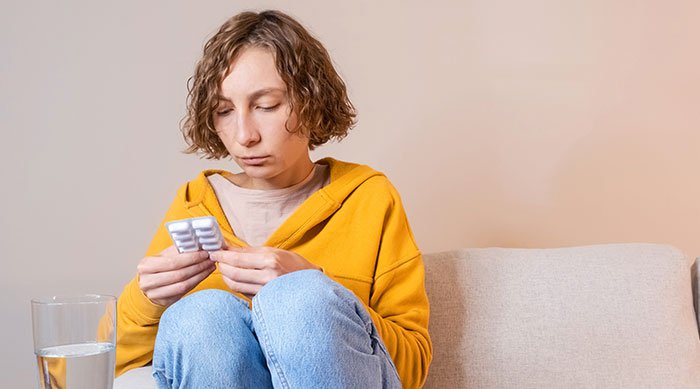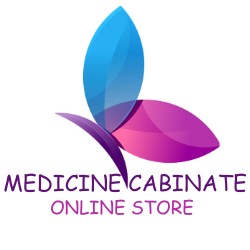Blog
Overdose and drug-related emergencies
Reducing Risks involved in Drugs and Alcohol Usage – Overdose Drug and Emergencies
There’s always an element of risk involved in taking any drug – prescription or illegal. And, different drugs carry different risks.
These risks increase significantly when you mix drugs, or mix drugs and alcohol together.1, 2
So, if you or your friends are going to use drugs or alcohol, know what to look out for in case things go wrong.
Recognising the signs of a drug reaction or overdose, and knowing how to respond, could save a life.

What is an overdose?
A drug overdose simply means taking too much (or a toxic amount) of a drug.3
Depending on the drug/s involved, an overdose can range from unpleasant to life-threatening.4
The drug types more likely to lead to a medical emergency if too much is taken include:
- depressants – alcohol, benzodiazepines, GHB
- opiates – heroin and prescription opioids (oxycodone, codeine, morphine, fentanyl, tramadol)
- stimulants – cocaine, ice, speed, MDMA (ecstasy).4-6
If you or someone you’re with experiences any of the symptoms below, call triple zero (000) immediately.
Signs of an overdose
If someone is having an overdose, they might show some or many of these signs:
- very slow or difficult breathing
- blue lips or nails
- seizures
- loss of consciousness
- confusion
- choking or gurgling sounds
- cool or clammy skin
- pupils look like pin-points.4, 6
How to respond in an overdose
There are a few steps you need to take straight away:
- call triple zero 000
- if they’re unconscious, lay them on their side in the recovery position
- don’t leave them alone
- if they’ve taken opioids, and you have access to Naloxone, use it
- tell the paramedics what drug/s they’ve had. Paramedics are there to help and will not involve the police.4, 6
Other signs and responses
If a person gets really drowsy (one of the risks with alcohol, heroin or tranquilisers):
- call triple zero 000
- try to keep them awake
- lay them on their side (recovery position) and talk to them
- don’t try to ‘wake them up’ with coffee, shaking or shouting.
If a person gets tense, anxious or panicky (one of the risks with speed, ecstasy, LSD and magic mushrooms):
- talk to them calmly
- reassure them and explain the feelings will pass
- take them to a quieter place away from bright lights, loud music and crowds
- encourage them to take long, slow, deep breaths.
If someone is dehydrated (symptoms include cramps, sudden tiredness, headache or fainting – one of the risks with speed and ecstasy):
- take them outside or to a cooler place
- encourage them to sip water or non-alcoholic drinks (no more than 250ml per hour)
- remove any excess clothing to cool them down
- if they feel faint, lie them on their side (recovery position)
- if symptoms continue call triple zero 000.
Some people can become impulsive and irritable when they use drugs and alcohol. Check out our tips for
Responding to someone who is upset or aggressive to find out how to calm the situation when a person effected by drugs is becoming aggressive.
Getting help for alcohol or other drug use
If you’re worried about your own or a friend’s alcohol or drug use, the following services can provide information and counselling support.
National Alcohol and Other Drug Hotline: 1800 250 015
Free and confidential telephone service offering support, information, counselling and referral services.
YoDAA (Youth Drug and Alcohol Advice): 1800 458 685
Phone and online information, advice and support for young people (up to 25 years) and/or their carers. (Phone service available 9am – 8pm, Mon to Fri)
DirectLine: 1800 888 236
A 24/7 Victoria-based phone and online service staffed by professional counsellors to help people seeking alcohol and drug information, advice and support.
References
- Centers for Disease Control and Prevention. What to know about HIV and COVID-19 [Accessed 23 November 2021].
- Lewer D, Freer J, King E, Larney S, Degenhardt L, Tweed EJ, et al. Frequency of health-care utilization by adults who use illicit drugs: a systematic review and meta-analysis. Addiction [Internet]. 2020. 115(6):[1011-23 pp.]. 6 April 2022 [Accessed 6].
- MedlinePlus. Overdose [Accessed 6 March 2022].
- Swinburne University. Drug overdoses happen: Learn the signs, save a life [Accessed 6 March 2022].
- Australian Institute of Health and Welfare (AIHW). Alcohol, tobacco & other drugs in Australia [Accessed 6 March 2022].
- Li W, Gunja N. Illicit drug overdose. Australian Journal for General Practitioners [Internet]. 2013. 42:[481-5 pp.]. [Accessed 6 March 2022].

